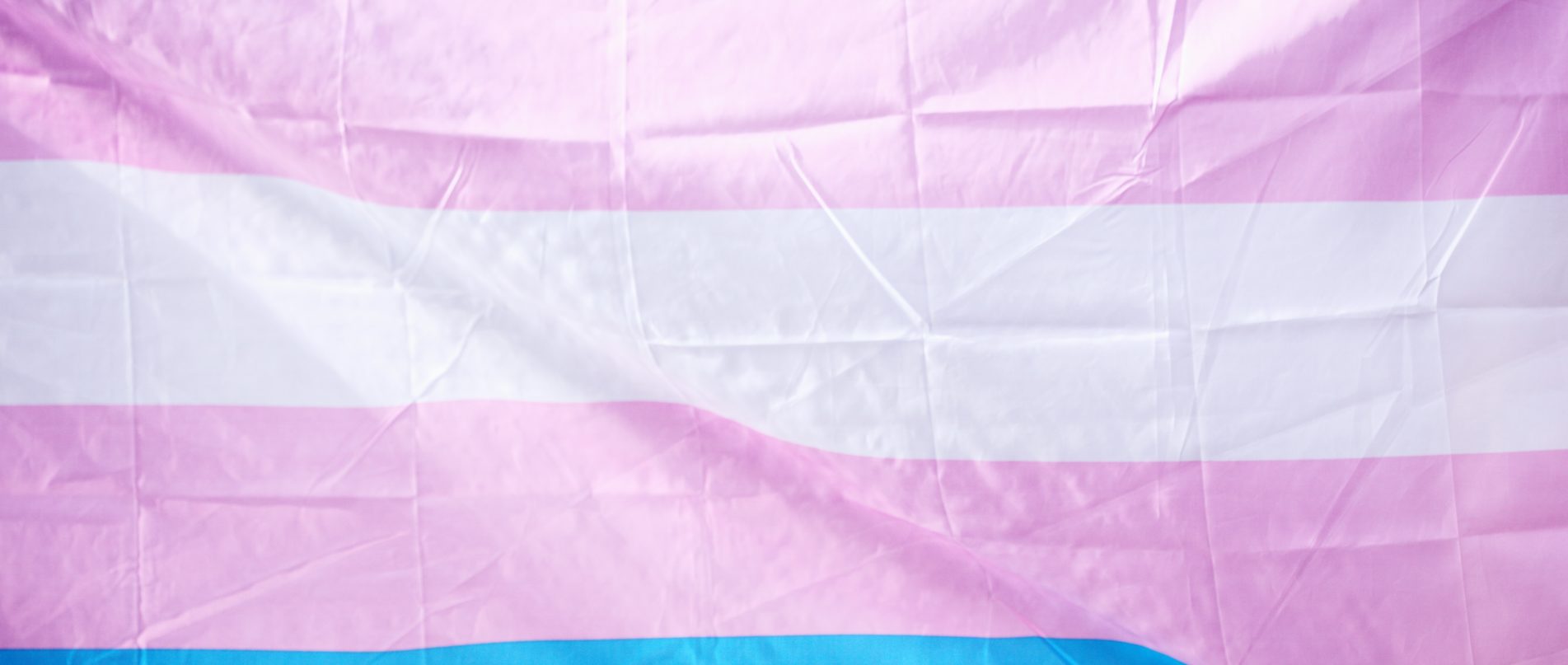
Prompt Images
Before someone I love changed their pronouns, I hadn’t given much thought to the idea of preferred pronouns. I was aware that pronoun use was evolving with greater societal acceptance of queer, LGBTQ+, and non-traditional identities, and I fully supported that, but it didn’t hit home for me until my loved one came to me and gently told me they were growing and changing, and they want to be treated differently going forward.
In other words, I didn’t realize how fundamentally important pronouns are until I found myself needing to change some long-ingrained habits and my own understanding of identity.
Identity exploration, while a rite of passage, is something many people (including myself) had a fixed mindset about until recently. Historically, you were born into your family, you assumed the gender you were assigned at birth, and you accepted the cultural norms and socio-economic standards of your family of origin. You grew up, went about your business, and your ideas and experiences about identity were rarely challenged. They were so ingrained you probably thought little about them.
As we grow and evolve as a society, our conception of identity is becoming much more fluid.
It seems this fluidity starts young, younger than perhaps a lot of us are aware. Middle- and even elementary-schoolers are now examining gender and gender presentation as a normal part of the growth, differentiation, and identity development process. What seems novel, edgy, and non-traditional to us adults has become normal and mainstream for the youngest generation.
That doesn’t mean it’s easy for older generations to adjust.
Many of us had English grammar drilled into our heads in our own youth, with a strict definition of when the use of “they/them” was appropriate and when it was not. This new world of fluid gender identity and shifting pronouns has changed grammar rules permanently, asking us to modernize what we were taught and instead honor an individual’s wish for self-expression.
This is not easy.
No matter how deeply I feel for my loved one, I still mess up their pronouns with some regularity.
I’m getting better at it, but I still feel guilt and confusion every time I goof up. I remind myself, however, how automatic my pronoun training has been from a young age. Until now I haven’t had to think about pronouns, I’ve just used them. Now, with all of this changing, we are being asked to use pronouns in ways that are unfamiliar to us. Ways that go against what we were taught. Ways that may go against our own comfort with how the world works and what our place is in the world.
We need to be careful here and think about this issue rationally rather than emotionally.
The issue is not the pronouns themselves, but rather, separating ourselves from the way we are used to doing things, the way we think things ought to be, and the way things actually are for another person. When you examine it closely, our reality and someone else’s reality are completely different, as they should be. You are an expert on yourself, right? You are not an expert on anyone else. And you wouldn’t want anyone else to be the expert on you, would you?
Essentially, we need to learn how to let go of our long-held assumptions and allow alternate versions of reality to exist.
In essence, it’s not about you.
It’s about someone else’s truth, seeing that person for who they really are and treating them the way they want to be treated. Something about a Golden Rule, right?
I get it: it’s hard. It’s uncomfortable. It’s different. It may not be what you want. But it’s crucial to remain open to stretching yourself and growing.
Be kind to yourself and remember that it’s okay if you mess up.
You should probably expect to mess up, frankly. Just keep trying.
The important thing is to honor people and treat them how they want to be treated. To accept that there are different realities from our own personal realities. And to remind ourselves, it’s not about us. It’s about relationships, connection, love, and integrity.
So go forth and do your best to use whatever pronouns people are requesting, and offer your preferred pronouns, too. Chances are, you will make someone’s day, and create or strengthen a connection that will grow to nurture you, too.



